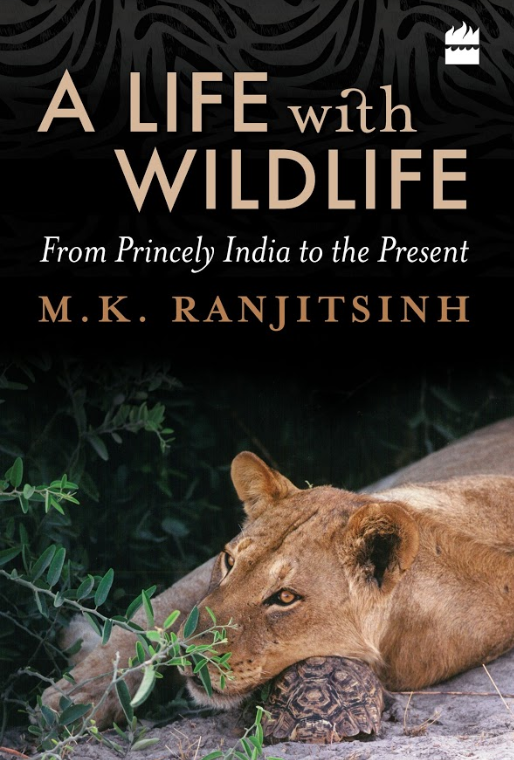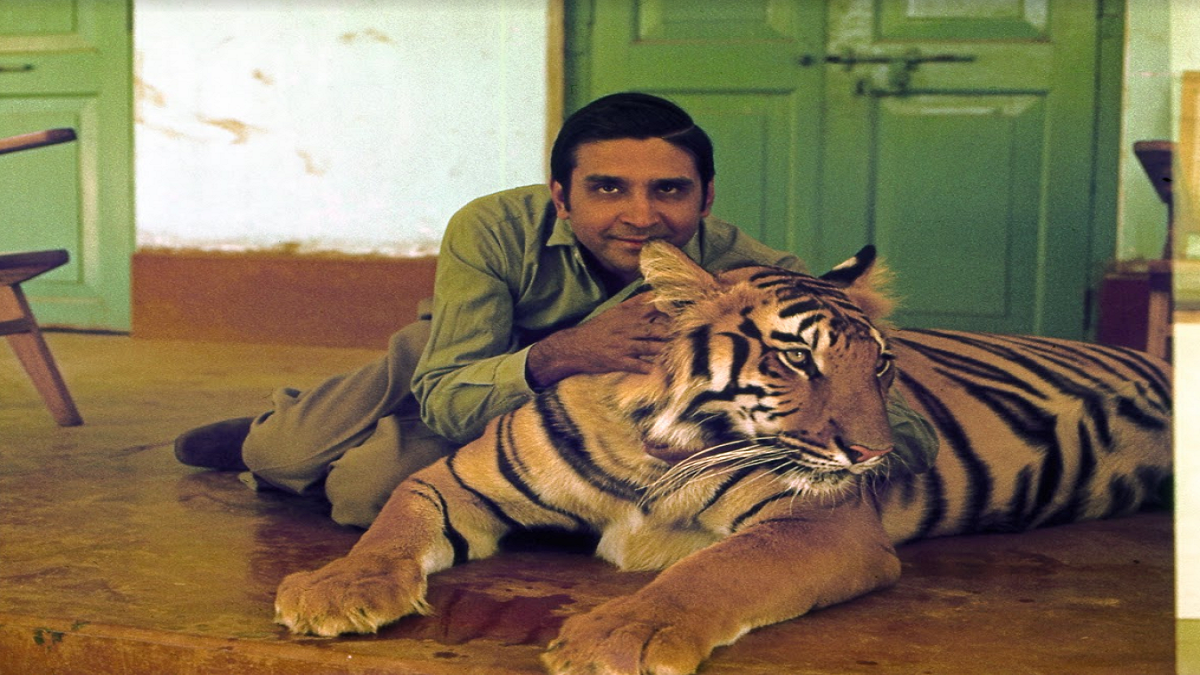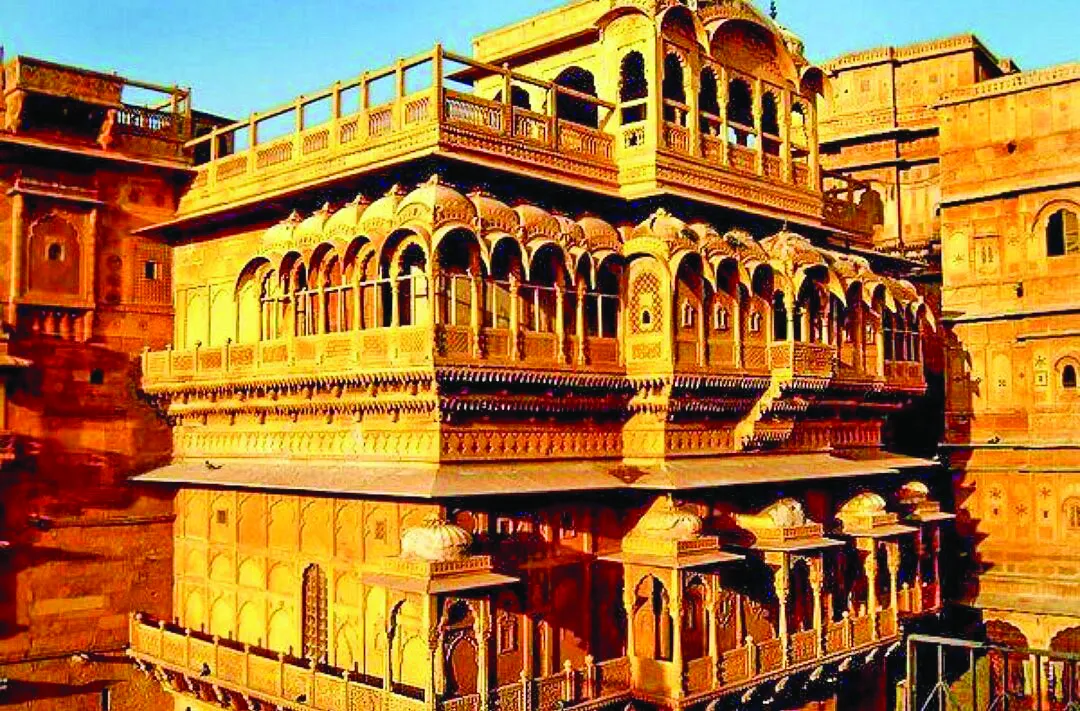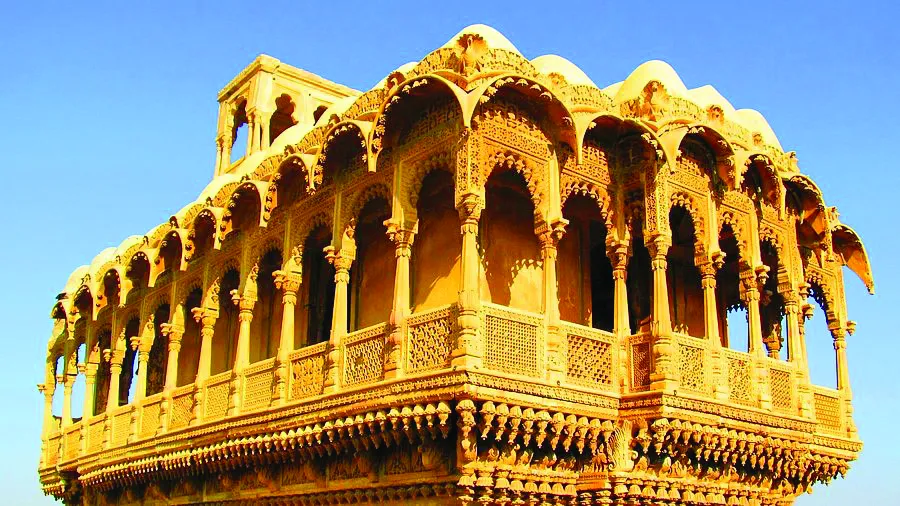Bureaucrat, author, activist, conservationist and an encyclopedia in wildlife and animals, he is currently, during a pandemic, burning the midnight oil writing his next book. The third one, A Life with Wildlife, being a bestseller already. He is writing his fourth book during quarantine.

He drafted and piloted the passage of the Wildlife Protection Act of 1972. As Member Secretary of the India Tiger Project ensured many generations of striped babies thrived and roamed free in wildlife sanctuaries. Not to forget the fact that he singularly doubled the size of two tiger reserves: Bandhavgarh and Kanha. Possibly the only two forest parks where you are sure to encounter the king of the jungle.
On the occasion of the World Tiger Day which was on 29 July, Maharani Radhika Raje Gaekwad of Baroda salutes her father, the legendary R.K. Ranjitsinh, the man who is best titled as the Gujarat Tiger.
“I don’t remember the first tiger I saw, probably as a baby in my mother’s lap, behind my father’s camera lens in an open dusty jeep in the thick of the Saal forests. Over the years I have witnessed many times over, the majesty of the tiger and I am proud to say my father Dr M.K. Ranjitsinh through continued efforts has ensured that many generations of little children have beheld these flaming stripes in the wild.
“Today the sole repository of the fate of our forest and its wildlife is our government but there was a time when our natural heritage enjoyed both the pride and protection of India’s royal families.
“Royalty had an unsurpassed communion with wildlife. Infamous for shikar, there was also the patronage that the forests received that sustained our Indian wilderness far more than our democracy has. My father, Maharaj Kumar Dr Ranjitsinh, born in the princely family of Wankaner, not only witnessed this transition — but as one of the few royals who chose not to recline on his lineage, he joined the administrative service and was selected director for wildlife twice – but also was perhaps the single-most influential contributor to our present-day ecology. He carved out new havens of nature. To his distinction are the birth of 8 national parks and 14 sanctuaries and he more than doubled the area of three existing national parks, adding forest protection to an area of almost 9,000 sq km. His is a contribution unprecedented in the history of independent India.
“He is perhaps the only living person to have a large mammal named after him. A sub-species of the Indian Barasingha has been named cervus duvauceli Ranjit Sinhji in recognition of his contribution to saving the central Indian Barasingha only found in Kanha, Madhya Pradesh, and the Manipur brow-antlered deer, only confined to one place in Manipur. A living legend that dedicated his life to the survival and sanctity of nature, A Life with Wildlife is his account of the trials and triumphs of his world of wilderness.”
“For every girl, the father is a hero but mine is one for generations of both students and proponents of ecology and wildlife. So have you seen a tiger in the wild lately. I have seen one in my home.”























